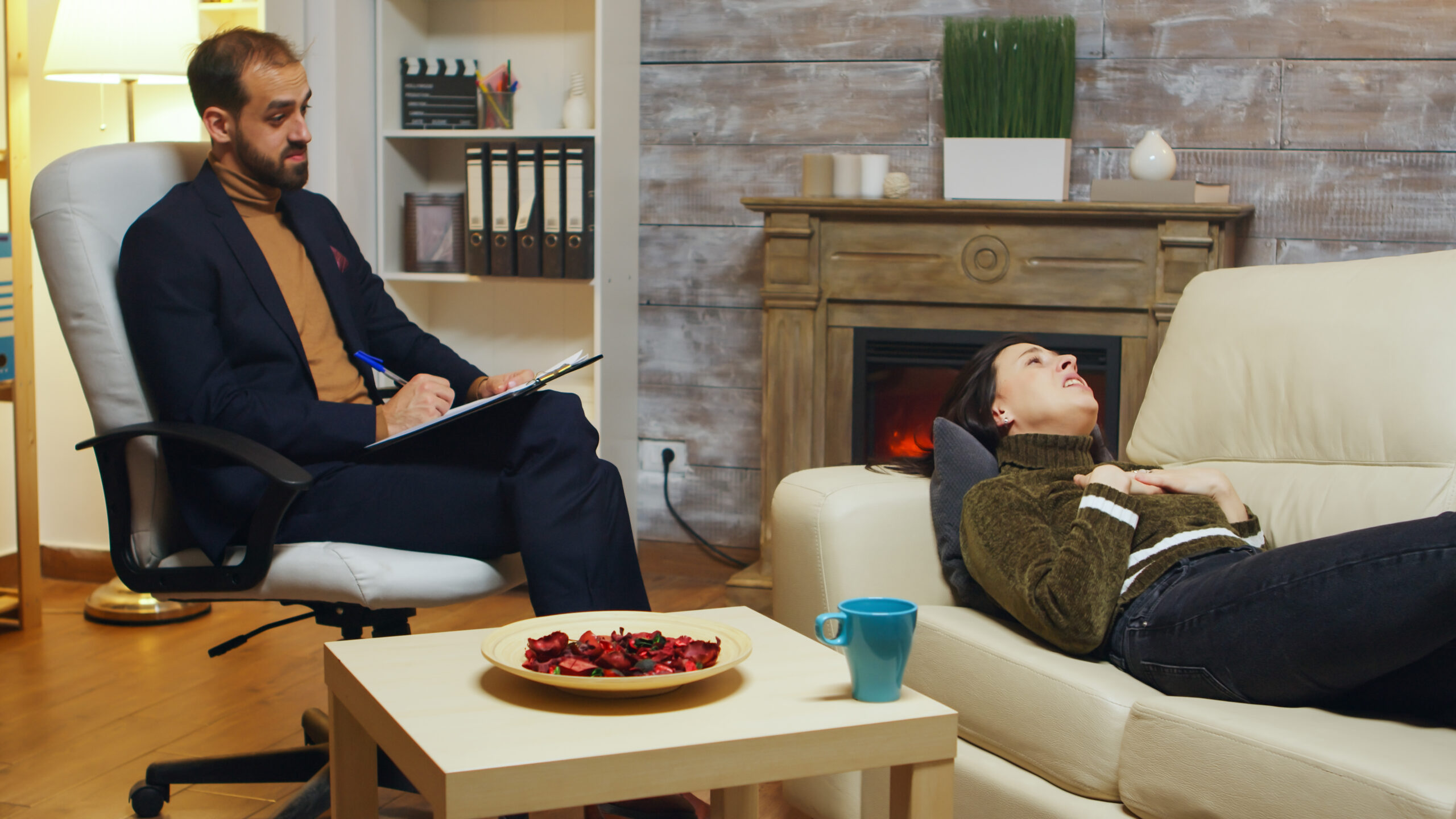Therapy techniques to reduce the symptoms of depression
Depression isn’t simply sadness—it’s a severe mental health disorder that has the potential to impact all parts of an individual’s life. From having difficulty waking up in the morning to losing interest in activities that one used to love, depression has the ability to feel suffocating. However, the best news is that there are powerful treatment methods for depression available that can decrease and manage its symptoms. Let’s take a look at some evidence-based therapies that can help individuals on the path to emotional wellness.
Depression, or major depressive disorder, is a widespread but multifaceted condition. Depression can lead to chronic sadness, hopelessness, low energy levels, insomnia, and concentration difficulty. Keep in mind that depression is not an indication of weakness—it’s an actual medical illness that needs attention and treatment. Thus, exploring various treatment methods for depression becomes crucial.
Most individuals are helped by therapy as an initial treatment for depression, whereas others respond to a combination of therapy and medication. Therapy methods are intended to assist individuals in identifying and modifying negative thinking patterns, learning coping skills, and re-establishing control over their lives. Exploring the treatment methods for depression can help identify what works best for each individual.
1. Cognitive Behavioral Therapy (CBT)
Cognitive Behavioral Therapy, or CBT, is among the most common treatments for depression. It involves recognizing and challenging depressed thoughts that lead to feelings of depression. The purpose is to substitute negative, unhelpful thoughts with more positive and realistic ones.
CBT also entails behavioral techniques that urge people to do things they have previously avoided because of depression. Gradually, making small changes helps individuals feel a sense of achievement and motivation.
2. Interpersonal Therapy (IPT)
Interpersonal Therapy (IPT) assists people in enhancing their interpersonal relationships, which can have a major influence on mental health. Depression is frequently associated with problems with loved ones, loneliness, or unresolved bereavement. IPT aims to enhance communication skills, resolve conflicts, and develop social support to reduce depressive symptoms.
3. Mindfulness-Based Cognitive Therapy (MBCT)
MBCT is a fusion of cognitive therapy and mindfulness techniques. MBCT is used to help individuals learn to remain in the present moment without getting derailed by depressive thoughts. With mindfulness, one can learn to witness thoughts without an emotional response, thus curbing depressive phases from becoming worse. This method is one of the effective treatment methods for depression.
Mindfulness practices like breathing exercises, meditation, and scanning of the body assist people to cope with stress and escape poor thinking habits.
4. Behavioral Activation
Depression tends to create a vicious cycle of inactivity, which makes symptoms worse. Behavioral activation is a method that promotes the reintroduction of enjoyable and purposeful activities into everyday life. Doing even small things—such as taking a walk, listening to music, or seeing a friend—can lift mood and increase overall mental well-being.
5. Relaxation Techniques
Depression can be worsened by chronic stress and anxiety. Relaxation techniques like deep breathing exercises, guided imagery, and progressive muscle relaxation help reduce stress and increase emotional resilience. These practices can be used as part of a daily routine to enhance relaxation and mental acuity.
6. Exercise and Physical Activity
Physical activity on a regular basis is an extremely effective natural antidepressant. Physical exercise releases endorphins, or “feel-good” hormones, which serve to enhance mood and lower stress levels. Exercises such as yoga, walking, or even plain stretching exercises can be beneficial to mental well-being.
7. Building Social Support
Close social relationships are important in the management of depression. Therapy will sometimes ask individuals to contact caring friends, relatives, or support groups. Communicating with others who are caring and who know what it is like to experience depression can diminish feelings of loneliness and give needed encouragement. Therefore, social support is among the effective treatment methods for depression.
8. Therapy and Medication Combination
For others, therapy alone will not work. For them, doctors may prescribe a combination of medication and therapy. Medications like antidepressants stabilize chemicals in the brain that influence mood, allowing patients to find therapy and employ coping strategies more easily. This combination can be one of the most comprehensive treatment methods for depression.
Therapy offers a safe and judgment-free zone to freely discuss thoughts and emotions. With the help of a trained professional, individuals are led through challenging moments, able to learn more about themselves and devise individual coping mechanisms. There isn’t any cookie-cutter answer—individual styles suit various people. Finding out what helps work best with one’s own mental health journey is the only important thing.
Mental health practitioners can evaluate individual needs and provide the best treatment plan. Getting help is not a weakness—it’s a move toward recovery and taking back control of life.
Depression can seem daunting, yet it is a treatable condition. It can be through professional coaching, self-help processes, or a combination of both, but proactive actions toward mental wellness can result in significant and sustainable recovery.
If you or someone you care about is facing depression, do not be afraid to ask for assistance. You are not alone, and there are supportive people who can help lead you toward healing.


